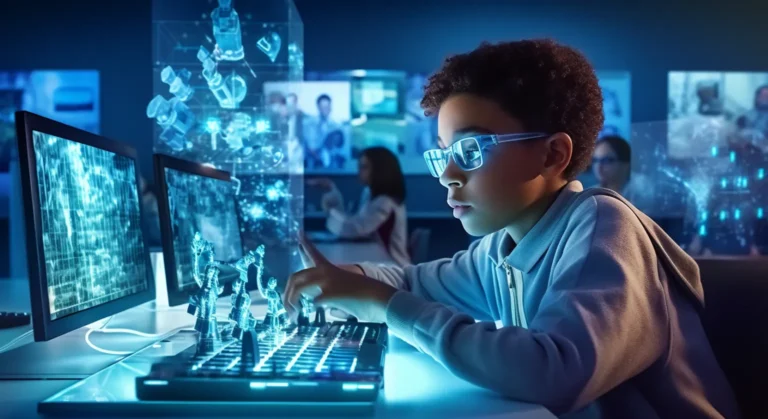The Impact of Social Media on Mental Health: Benefits and Challenges
Introduction Social media has become an integral part of modern life, shaping the way individuals interact, communicate, and consume information. Platforms such as Facebook, Instagram, Twitter, TikTok, and Snapchat allow users to stay connected with friends and family, share life experiences, and access news in real time. While social media offers numerous benefits, it also…












